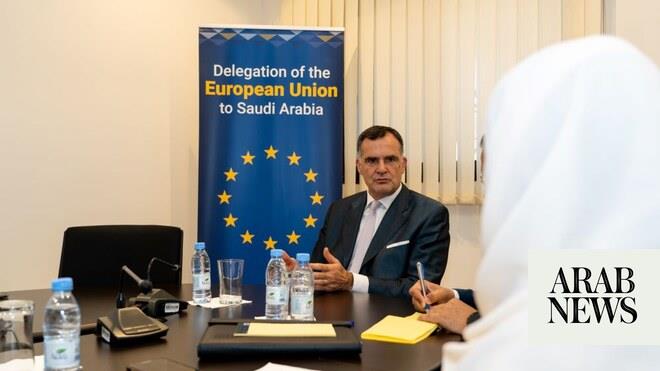
In April, the US designated the IRGC as a terrorist organization after decades of being on the receiving end of attacks by the guards and their collaborators throughout the Middle East. The IRGC has set up and deployed thousands of terrorist fighters in Iran’s neighboring countries. It continues to train, arm and fund those forces.
The IRGC handles many aspects of security and economic activity within Iran. It also oversees the regime’s missile program and operates a fleet of small attack boats in the Gulf. Beyond Iran, thanks to its infamous Quds Force led by Gen. Qassem Soleimani, the IRGC has control or significant influence on many forces operating in Lebanon, Syria, Iraq, Yemen and Afghanistan. In Lebanon, Hezbollah, an IRGC proxy, has managed to paralyze the country’s government and replace its famously secular political life with a sectarian system akin to Iran’s, where Hezbollah clerics manipulate the country’s foreign and domestic policies, sidelining its state institutions and dragging Lebanon deeply into the war in Syria.
IRGC proxies in Iraq go by many names but are known collectively as Popular Mobilization Units. While they were helpful in defeating Daesh, they have been trying to subvert Iraq’s political life and turn it into a vassal for Iran. To achieve that goal, they have whipped up sectarian hatred and channeled it into a lethal force against the country’s security and stability.
In Syria, IRGC proxies have been the main force protecting Bashar Assad from certain defeat. The IRGC has recruited, trained, armed and transported fighters from other countries and organized them under several sectarian banners to suppress the Syrian people’s revolt and maintain Assad at the helm.
The modus operandi of the IRGC is nearly the same throughout the region. In Yemen, it has groomed the Houthis for many years to take on the role they are performing now. The attacks on the Saudi oil pipeline were the latest outrage undertaken by the Houthis on behalf of their paymasters in Iran. Under IRGC tutelage, the Houthis are trying to replicate the Hezbollah model in Yemen. However, unlike in Lebanon, the Houthis have met with stiff resistance from Yemenis, who have so far frustrated their ambitions.
The GCC summit is clearly meant to shore up defenses against these Iranian provocations and shape up the regional consensus on how to deal with this threat. The GCC Mutual Defense Treaty, concluded in 2000 in Bahrain, is the bedrock of GCC collective security. Article 2 of the treaty is similar to Article 5 in the NATO treaty and states that the security of the six member states is indivisible; an attack on one is an attack on all.
To ensure that joint defense works in practice, the GCC Joint Defense Council has built a multi-service defense architecture to defend GCC territory against external aggression. The GCC Unified Military Command, completed in 2018, is charged with implementing that agreement at the military level. Similar structures have also been put together for other security threats, such as terrorism and piracy. The GCC Police is mandated to coordinate the work of internal security forces against external threats. The GCC Maritime Operations Coordination Center also works closely with partners such as the US to train and prepare for defense against outside aggression.
With these tools at its disposal, the GCC summit will likely be able to shape the response to recent provocations, and especially to build a credible defensive posture against future attacks.







